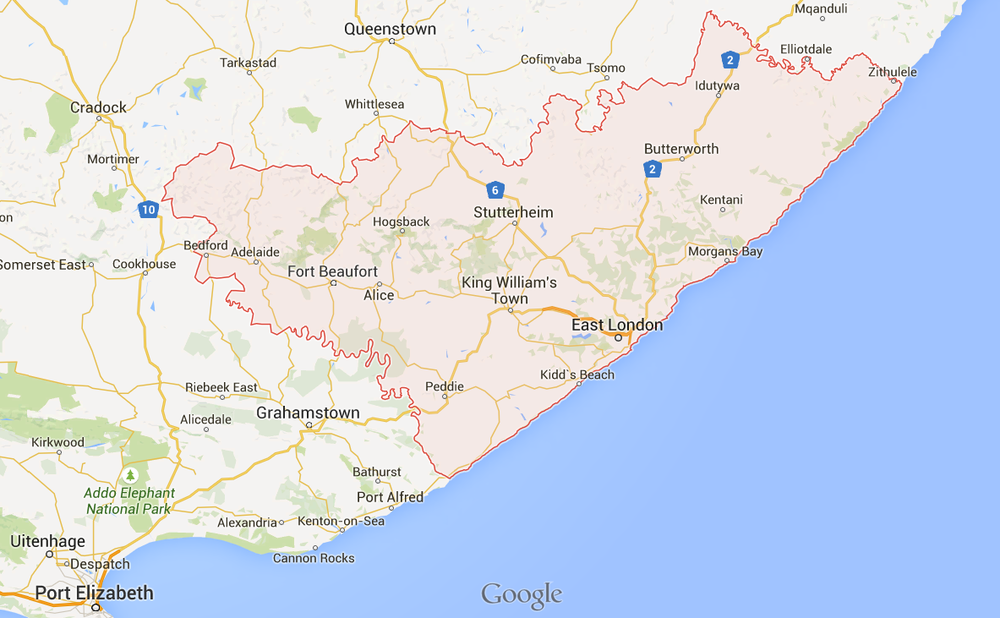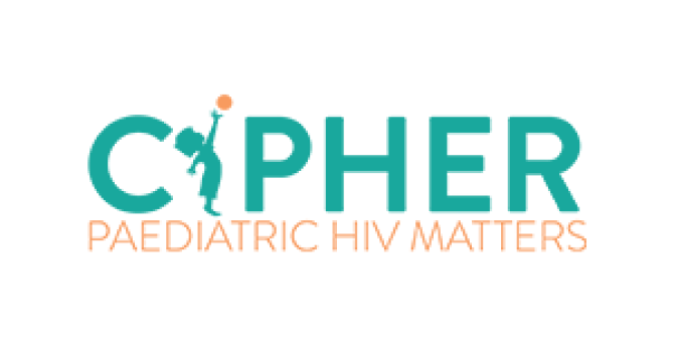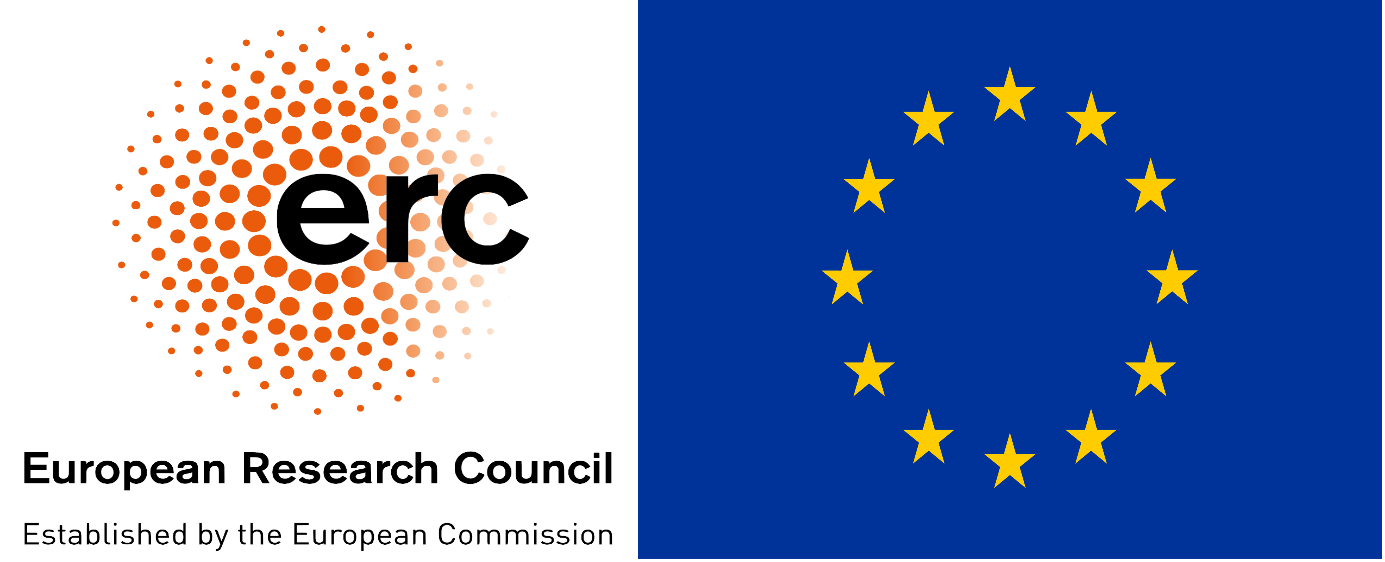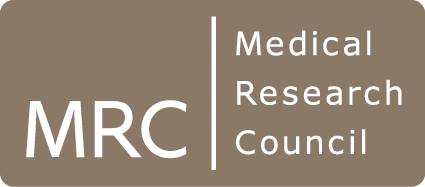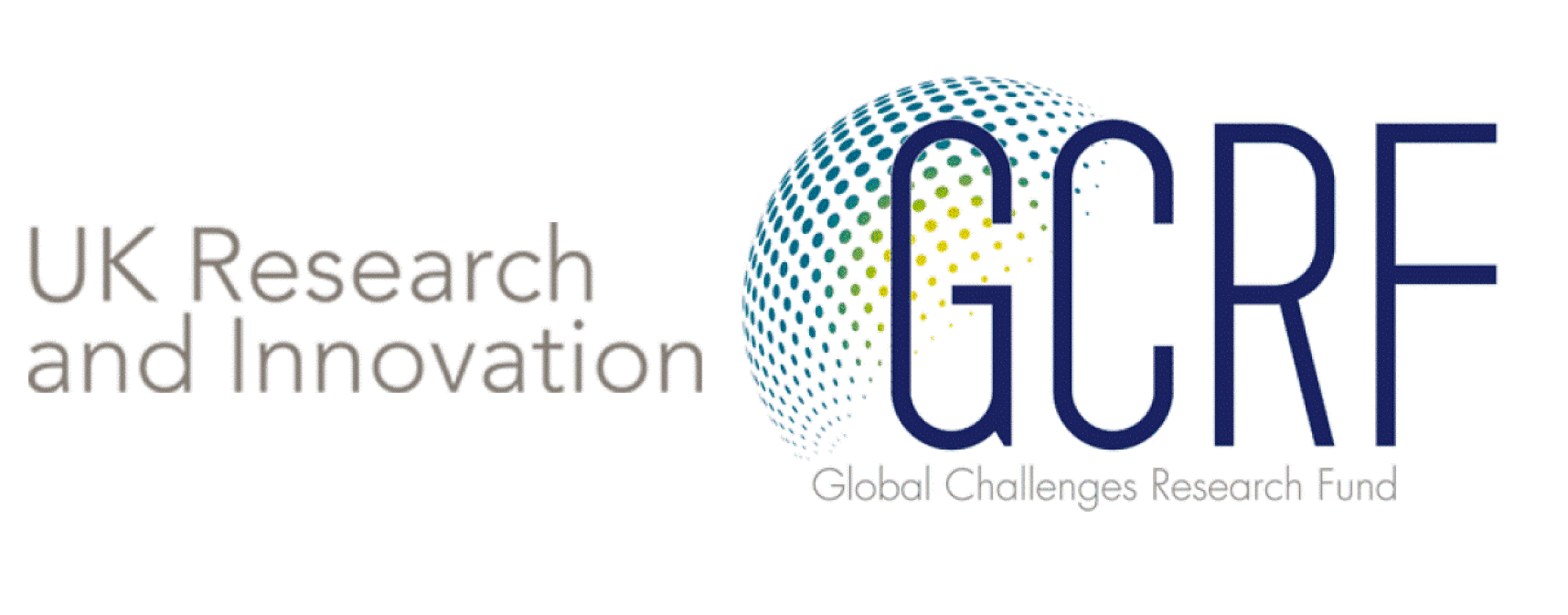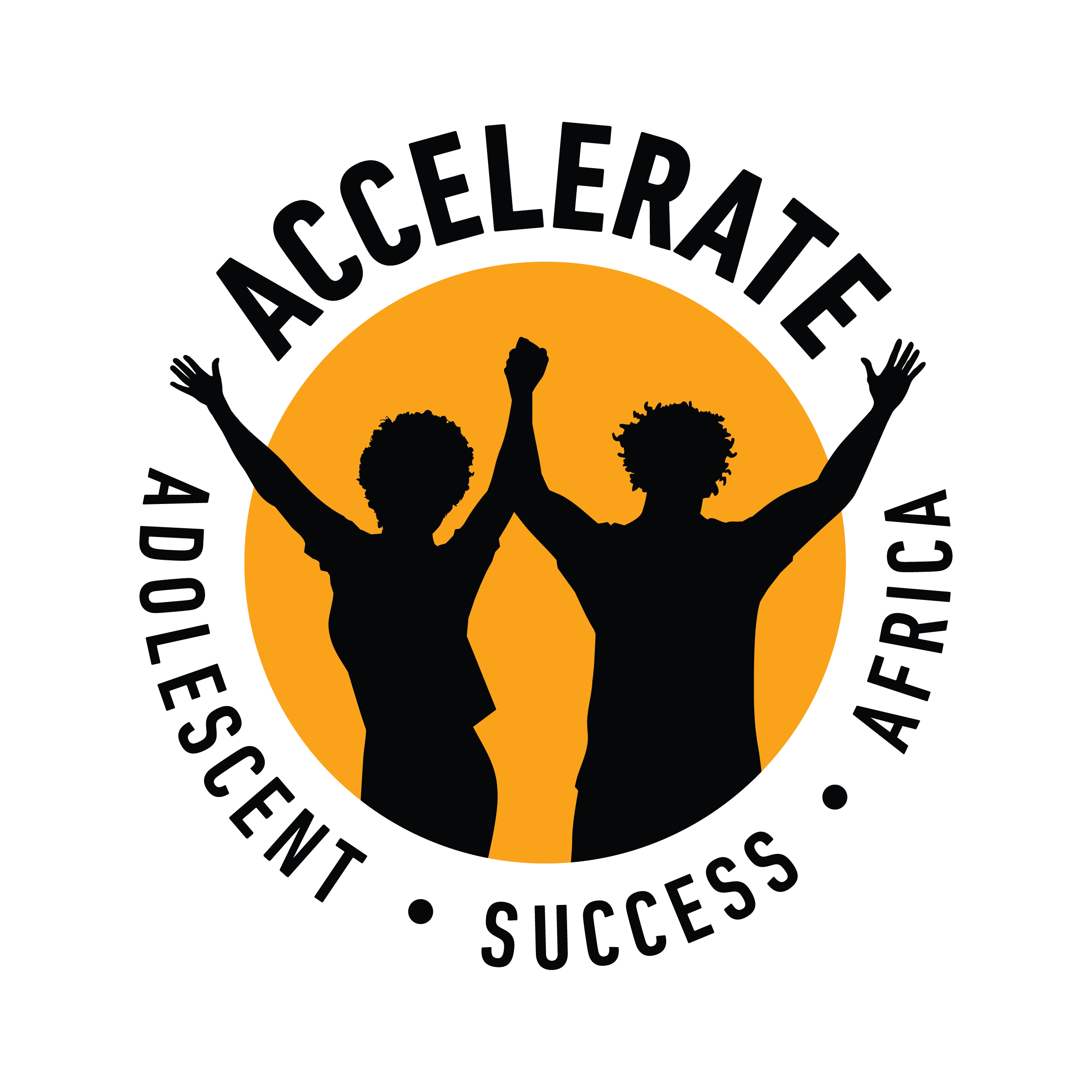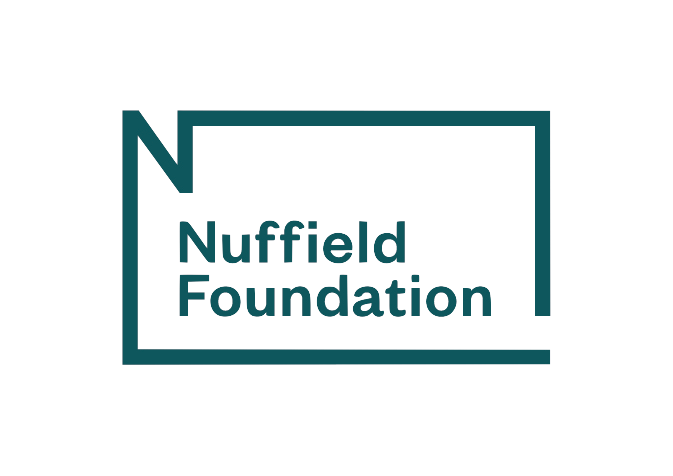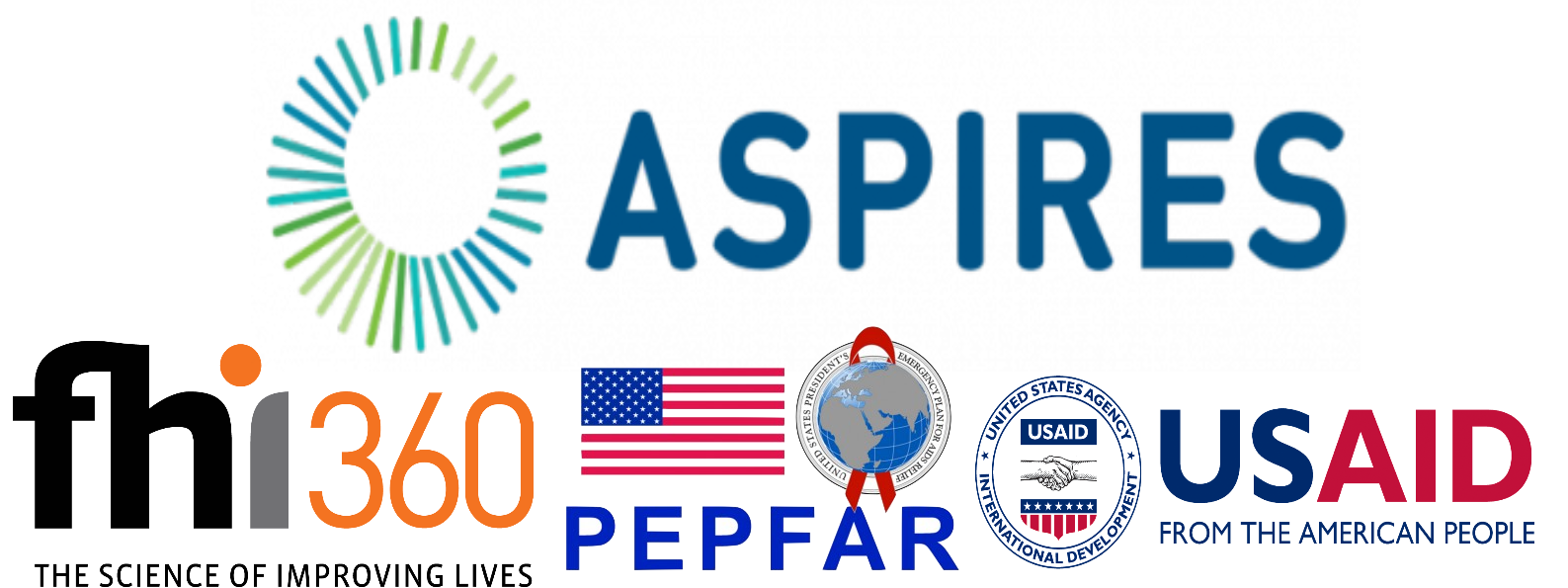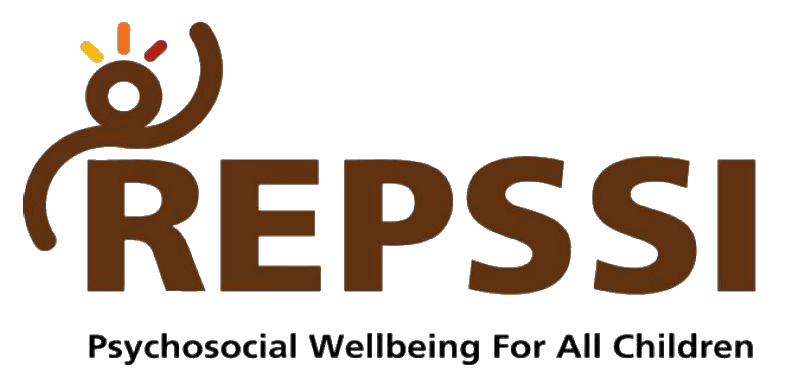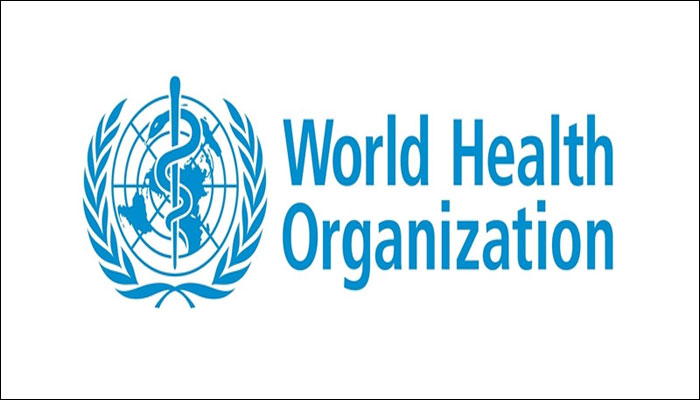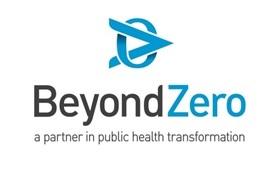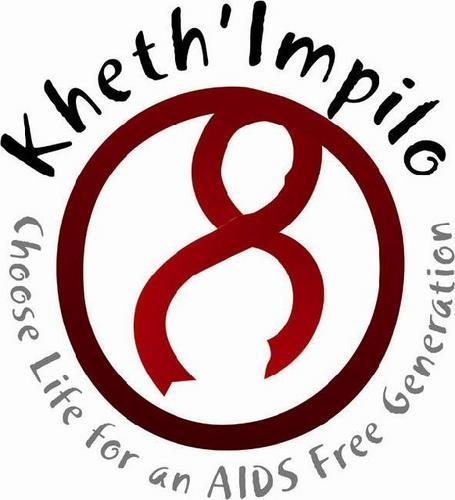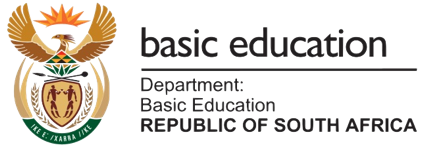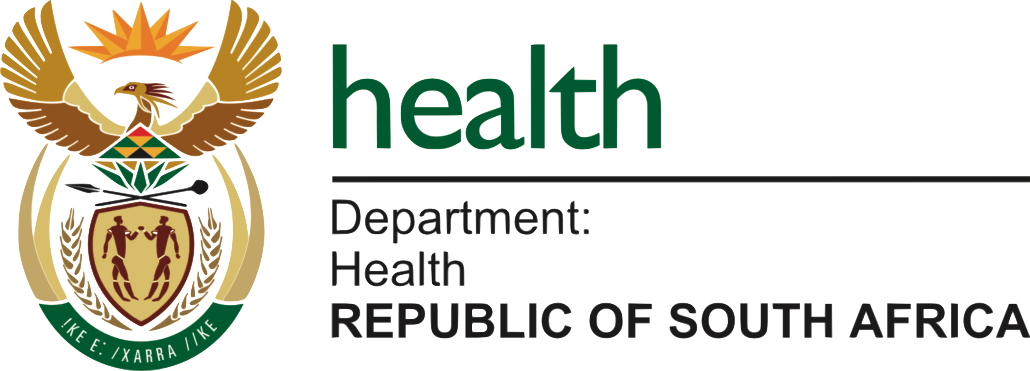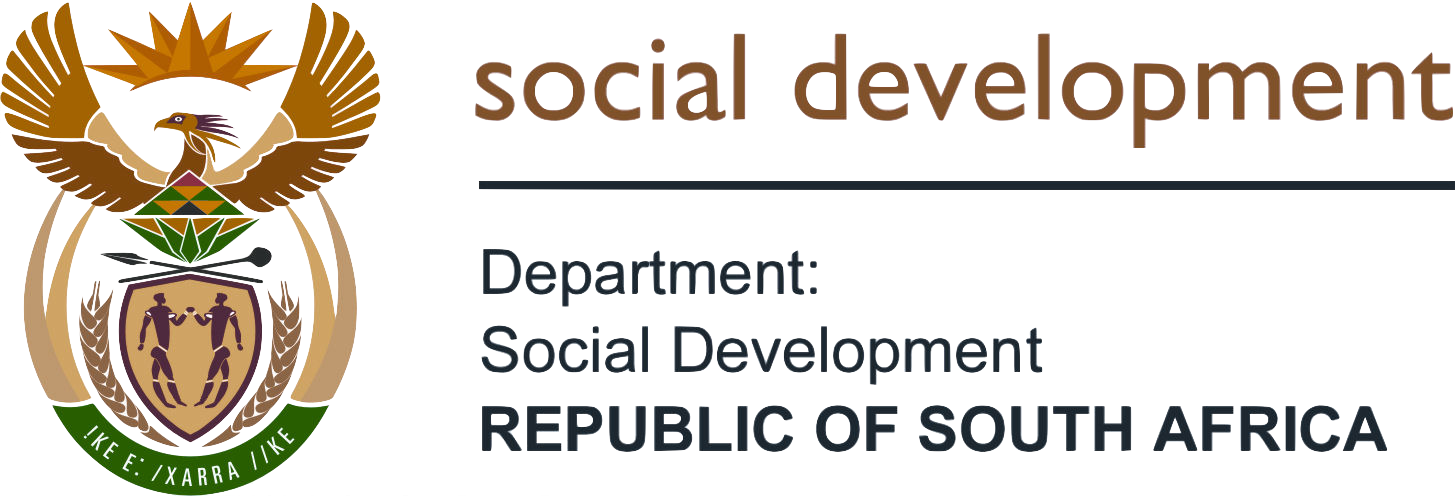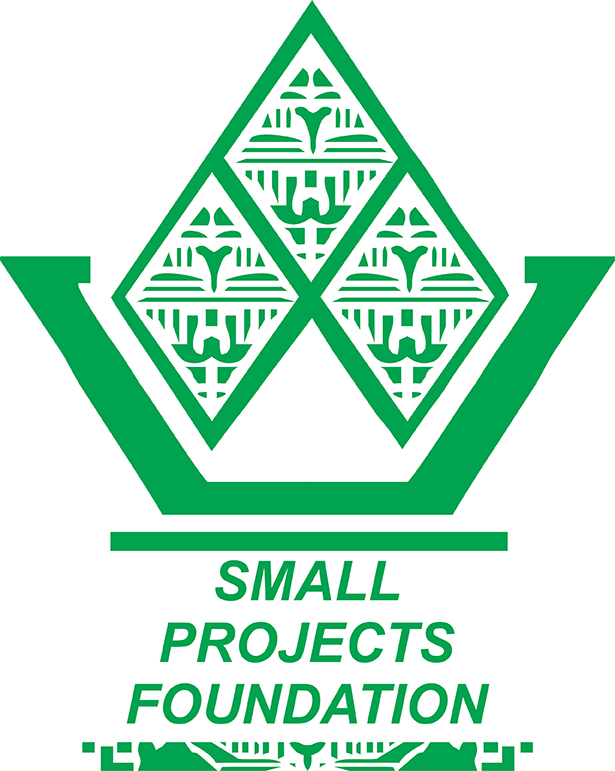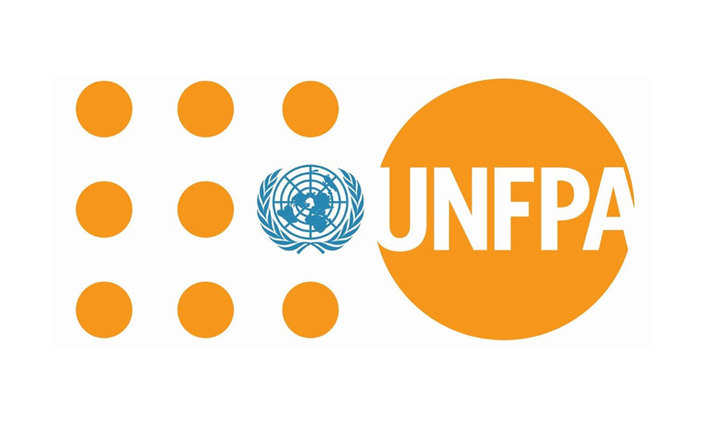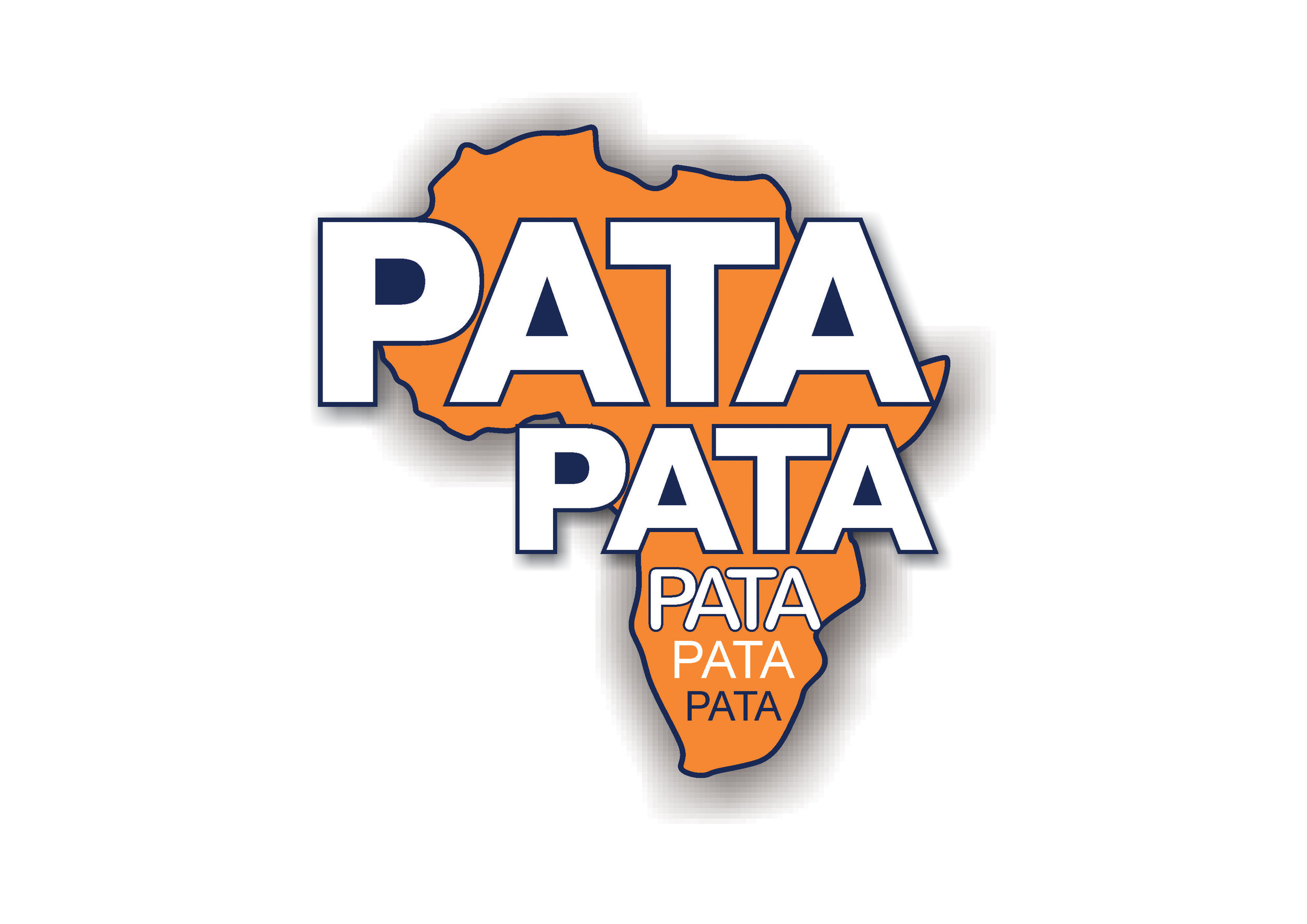HEY BABY
Helping Empower Youth Brought up in Adversity with their Babies and Young Children
A longitudinal mixed-methods cohort study of 800 adolescent parents and their children.
This research study is a collaborative effort between the South African national Departments of Health, Social Development and Basic Education, UNICEF, and the Universities of Cape Town and Oxford and University College London.
Background
Globally, adolescent parenthood is a marker of intergenerational disadvantage. Africa has 11.4 million adolescent mothers and fathers, with early parenthood drive by adversities such as abuse, poverty, HIV and orphanhood. In turn, their children are at risk for non-optimum development and poor health. Existing research and programming work focuses on pregnancy prevention, with little success. Whilst these efforts are important, no known studies investigate predictors of resilience for adolescent parent families in African contexts. This marks a major evidence gap, and a compelling programming and policy need.
The HEY BABY research site is located in the areas around East London in the Buffalo City Metropolitan and Amatole District Municipality of the Eastern Cape in South Africa.
Aims
The HEY BABY study aims to assess pathways to resilience amongst adolescent parent families living in adversity, including young parents living in resource-constrained, HIV-affected communities. It asks two groups of research questions: What puts adolescent parents and their children at risk of disadvantage? What services can help adolescent parents and their children?
Methodology
Research Assistant administering child cognitive development assessment.
This study will use innovative methodologies to map out a theory-grounded framework of resilience. First, we will build a longitudinal cohort of 800 parent-child dyads living in severe adversity in South Africa. Through this, we can examine protective socio-economic, education and healthcare pathways. Second, we will create a six-country pooled dataset of parenting program studies, and test effectiveness across 8,000 participants regionally. Both of these stages will integrate citizen social science: participatory research with young families in adversity. This component will investigate adolescents’ perspective on building resilience in adversity, adding a qualitative dimension based on in-depth, participatory and visual engagement. We will carry out qualitative research in three countries in the region, over a period of three years. Qualitative participatory methods involve research with adolescents, caregivers and healthcare professionals, and clinic-based observations.
Findings from the qualitative component inform development of quantitative questionnaires. Quantitative methods include baseline and follow-up interviews with adolescent parents. Measures will include parental adversities such as HIV-infection, poverty, partner violence and mental health, healthcare access and retention, parenting capacity and child development.
A final policy-inclusive synthesis stage will ensure impact and benefit-sharing. This stage will use innovative methods of synthesising findings across longitudinal surveys, intervention trials, qualitative and participatory data to incorporate findings into a framework of resilience with major policy impact. This will engage non-academic partners including adolescents, governments and NGOs in order to maximise policy impact across Africa.
Current Status:
Baseline data collection commenced in July 2017. To date, 800+ child-parent dyads have been recruited to the study, with the aim to reach 800 by the end of baseline data collection in October 2018. Among enrolled participants, n=225 were recruited from our Mzantsi Wakho cohort. An additional follow-up phase of adolescent parents will be conducted in 2020-2021.
Questionnaires & Referral protocol
Adolescent Health & Well-being Questionnaire: English
Adolescent Parent Questionnaire: English
Guidelines for referral and follow-up support: English
Ethical Approval
Ethical approval for the HEY BABY (R48876/RE001 and HREC 226/2017) and Mzantsi Wakho (SSD/CUREC2/12–21 and CSSR 2013/4) projects have been obtained from the Universities of Oxford and Cape Town. South African national and provincial approval has also been provided by Department of Basic Education, Department of Social Development and Department of Health. Participation in the study is be strictly voluntary and written consent is sought from adolescents and their caregivers.
Main Funders
Other Funders
PARTNERS
Principal Investigators
Professor Lucie Cluver, Professor of Child and Family Social Work at the University of Oxford & Honorary Lecturer for the Department of Psychiatry & Mental Health at the University of Cape Town.

